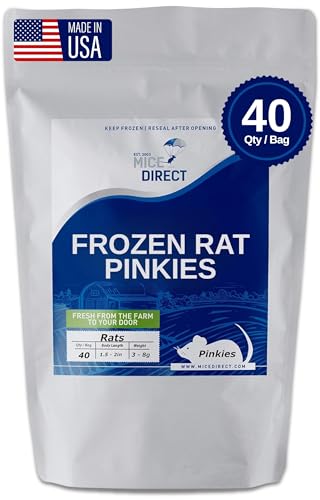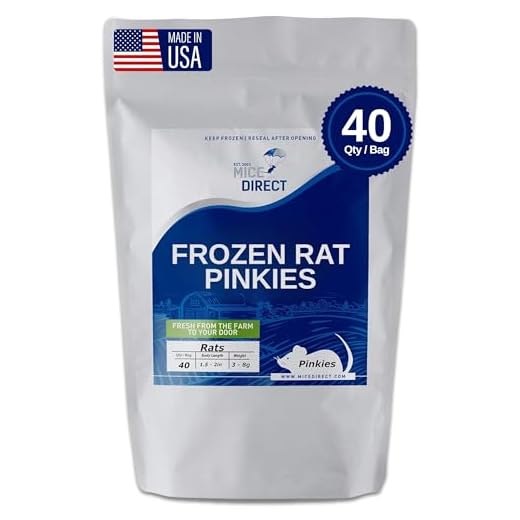


Discovering the secrets of the fascinating world of reptiles opens up a realm of wonder and amazement. One particular creature, known for its vibrant colors and gentle temperament, is the reptilian being that is referred to as the maize serpent. Beneath its enchanting exterior lies a captivating tale, interwoven with intricate details that unveil the mysteries regarding its lifespan while being held in confinement.
Diving into the awe-inspiring realm of serpent conservation, one cannot help but marvel at the endurance of this slithering marvel as it adapts to a homely setting within four walls. Burrowed within its DNA are the genetic characteristics that contribute to its ability to survive and thrive, showcasing an unwavering determination to continue its legacy right before our very eyes. As we embark on this exploration of captive existence, we shall uncover the formidable force that drives this creature’s lifespan.
Within this captivating journey, the story of the imprisoned serpent unfolds, its heart beating in sync with the hands that provide care and sustenance. Throughout the years, serpent enthusiasts have stood witness to the enigmatic cycle of life that unfolds within the confines of a controlled environment. Through meticulous care and attention, these guardians have unlocked the secrets to nurturing these vibrant creatures, granting them the gift of longevity that mirrors their wild counterparts. It is through discovering the intricacies of their existence that we may shed light on the matter, revealing the true extent of the captive corn snake’s lifespan.
The Average Lifespan of a Corn Snake in Captivity
When it comes to keeping a corn snake as a pet, one of the key factors to consider is its lifespan in captivity. Understanding the average length of time these magnificent creatures can thrive under human care is essential for responsible snake ownership. While corn snakes can live for quite a considerable period, their longevity can be influenced by various factors, such as proper husbandry, diet, and genetic predispositions.
Factors Affecting Lifespan
It’s important to note that not all corn snakes live the same length of time in captivity. Various factors contribute to the overall lifespan of a corn snake, and it is crucial for owners to be aware of them. These factors include:
| Factor | Description |
|---|---|
| Environment | The quality of the enclosure, temperature, humidity levels, and overall habitat conditions directly impact a corn snake’s lifespan. |
| Nutrition | A well-balanced and appropriate diet plays a vital role in promoting the health and longevity of a corn snake. A diet lacking essential nutrients can lead to various health issues and a shorter lifespan. |
| Genetics | The genetic makeup of a corn snake can influence its overall lifespan. Some genetic variations may make certain individuals more prone to specific health conditions that can shorten their lifespan. |
| Stress Levels | High-stress levels, caused by improper handling, inadequate hiding spots, or other environmental factors, can adversely affect a corn snake’s overall well-being and lifespan. |
Average Lifespan
On average, a well-cared-for corn snake can live between 15 to 20 years in captivity. However, it’s essential to remember that individual snakes may deviate from this range based on the aforementioned factors. With proper care, including suitable enclosure conditions, a nutritionally balanced diet, and regular veterinary check-ups to address any potential genetic concerns, owners can ensure their corn snakes live long, healthy lives.
Factors Affecting the Lifespan of a Corn Snake
Introduction: When it comes to determining the lifespan of a corn snake kept in captivity, several factors come into play. These factors influence the snake’s overall health, well-being, and longevity. Understanding these factors is crucial for providing the appropriate care and ensuring a prolonged lifespan for your pet corn snake.
Genetic Factors: Genetic factors play a significant role in determining how long a corn snake can live in captivity. The snake’s genetic makeup influences its predisposition to certain health conditions and diseases. Snakes with strong genetic backgrounds and robust lineage tend to have a higher chance of living longer than those with weaker genetic profiles.
Diet and Nutrition: Proper diet and nutrition are essential for the overall health and longevity of a corn snake. Inadequate or imbalanced diets can lead to malnutrition, weakened immune systems, and various health issues, ultimately shortening the snake’s lifespan. Providing a well-balanced diet that includes mice or rats of appropriate sizes and nutritional content is vital.
Environmental Conditions: The environmental conditions within the snake’s enclosure can have a significant impact on its lifespan. Temperature, humidity, and lighting should be maintained within the recommended ranges to ensure the snake’s physiological functions are functioning optimally. Improper environmental conditions can lead to stress, respiratory infections, and other health problems, reducing the snake’s lifespan.
Hygiene and Cleanliness: Maintaining a clean and hygienic environment is crucial for the health and well-being of a corn snake. Regular cleaning of the enclosure, removal of waste, and providing fresh water are essential to prevent the buildup of bacteria and the spread of diseases. Neglecting hygiene can lead to infections and other health complications that may shorten the snake’s lifespan.
Veterinary Care: Regular veterinary check-ups and proper medical care are vital for extending the lifespan of a corn snake. Routine examinations can help identify and address any health issues or potential problems before they escalate. Vaccinations, parasite prevention, and timely treatment can significantly contribute to the snake’s overall wellness and lifespan.
Stress and Handling: Corn snakes are generally docile and do not require extensive handling. Excessive stress or improper handling techniques can lead to physical injuries, stress-induced illnesses, and a reduced lifespan. It is essential to handle corn snakes with care, providing them with appropriate hiding spots and minimizing unnecessary disturbances.
Conclusion: Various factors influence the lifespan of a corn snake kept in captivity. Genetic factors, diet and nutrition, environmental conditions, hygiene, veterinary care, and appropriate handling practices all contribute to the snake’s overall health and longevity. By taking these factors into consideration and providing optimal care, you can help ensure a fulfilling and extended life for your pet corn snake.






